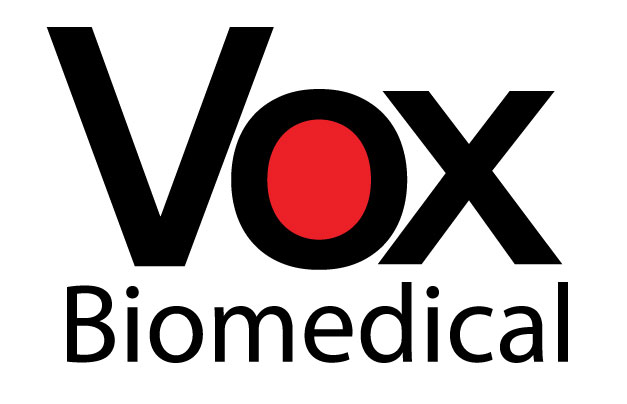Vox Biomedical: Pioneering Marijuana Breath Analyzer to Improve Highway Safety
Published by: Gov CIO Outlook – December 15, 2021
Traffic crash rates in the U.S. have risen significantly after many states legalized medical and recreational marijuana. In fact, many studies show that injury and fatal crash rates in California, Colorado, Nevada, Oregon, and Washington have jumped to a record high following the relaxation of marijuana laws. As cannabis affects the ability to drive, it is important that law enforcement agencies enforce drug-impaired driving laws strictly to prevent accidents—moving beyond conventional drug-testing methodologies that are time-consuming and sometimes misleading when it comes to identifying drug offenders.
This is precisely where Vox Biomedical’s marijuana breath analyzer or Venturi Device can make a world of difference!
Based in Bedford, MA, Vox Biomedical is a leading biotechnology company that provides law enforcement agencies with a rapid marijuana intoxication testing equipment that is far superior than the norm. In the words of Arash Aslani, the company’s VP, “Our device helps police officers to accurately and quickly determine whether a subject is under the influence of the drug by simply having the person to breathe into a disposable cartridge.”
The underlying technology that powers Vox’s Venturi Device is high-resolution spectroscopy. It allows the instrument to measure the quantity of THC (Tetrahydrocannabinol) in exhaled breath and correlate with the degree of intoxication. A quantum cascade laser attached to the instrument emits laser beams to the sample and analyses the absorption measurements of cannabinoids. This way, the instrument detects the presence of THC in any given sample.
Vox’s Venturi technology produces highly accurate results compared to the existing biological fluid extraction methods. Although the fluid extraction method effectively determines prior use of cannabis, it fails to measure and identify recent cannabis use accurately. The company addresses this challenge by allowing law enforcement officers to conduct rapid tests for intoxication caused by drugs such as cannabis and opioids. More importantly, the Venturi device avoids false positives as it distinguishes THC from CBD (Cannabidiol), which is an essential component of medical marijuana.
Vox is primarily focusing on the law enforcement market, where no on-site device is available for determining THC intoxication, and has successfully won contracts from the Department of Transportation and the National Institute of Health. The company plans to take the Venturi Device to a much larger industrial market at a later stage. They expect that drug testing in the workplace is potentially a larger market for its breath analyzer. In addition, Vox is developing a new technology platform that can detect several biomarkers for disease diagnosis. This groundbreaking detection technology will be a highly compactable and portable device that can detect and measure VOCs (Volatile Organic Compounds) in part per trillion. Vox is currently testing this device in collaboration with McLean Hospital, a renowned medical institution affiliated with Harvard Medical School.
Moving forward, Vox aims to expand its workforce and lab facilities to augment the Venturi Device by adding new capabilities to detect different types of opioids and drugs as well as utilize the instrument for medical applications. In addition, the company is also working on a wide variety of R&D projects that deal with photonic devices and instrumentation. “With our technological prowess, we want to develop new innovative products for biomedical, military, industrial and scientific applications in the days to come,” concludes Aslani.
